Wenge Hardwood’s Beauty On Par With its Scarcity
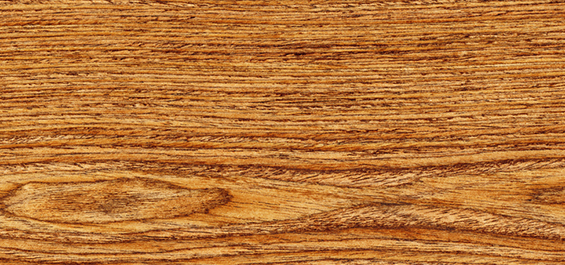
The wood’s low luster and sound-dampening qualities create a feeling of warmth and luxury perfect for spaces like libraries and dens. Because of its high cost and scarcity, manufacturers offer alternatives that include recycled, laminate and engineered Wenge.
Here are some things you should know about Wenge flooring:
Name: Wenge – pronounced WEN-ghay – is the name for the wood that comes from the Millettia laurentii tree. The tree is a member of the Millettia genus and is a relative of the pongam tree (Millettia pinnata), which is grown in Florida.
Origins: Wenge is native to Central Africa, and due to overharvesting and habitat loss, the International Union for Conservation of Nature and Natural Resources lists the Millettia laurentii tree as endangered
Janka Hardness Rating: With a Janka Hardness rating of 1630 out of 4000, Wenge is in the mid-range for hardwood flooring options – about midway between the softer North American Maple, and Hickory. The Janka Hardness scale is used to determine a hardwood’s resistance to dents, dings and scratches. The test, which uses a 2” x 2” x 6” piece of a wood specimen and a steel ball, determines how many pounds per square inch of force will make the steel ball embed halfway into the wood. That result leads to the wood’s Janka Hardness rating. Woods at the low end of the scale will show more evidence of dings compared to those at the top. However, woods at the very top of the Janka Hardness Scale could be too difficult to cut for home applications.
Installation: In its natural environment, Wenge bark has been ground down to dust to make toxins that stun fish for harvesting – and that dust may cause contact dermatitis and respiratory aggravation during sanding or machining. Wenge is resistant to termite damage and extremely durable, but its hardness may blunt tools during installation, so the use of special tools may be necessary.



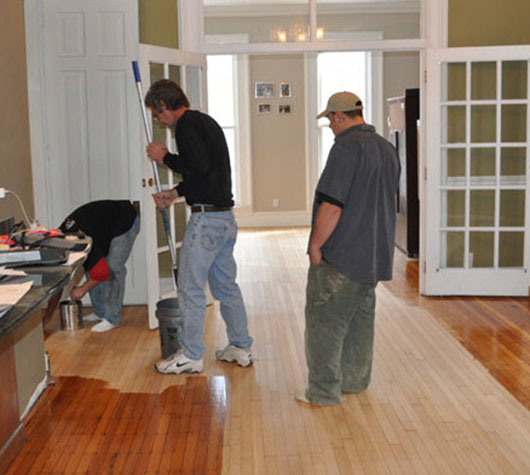 Repairing Scratched Hardwood Floors
Repairing Scratched Hardwood Floors
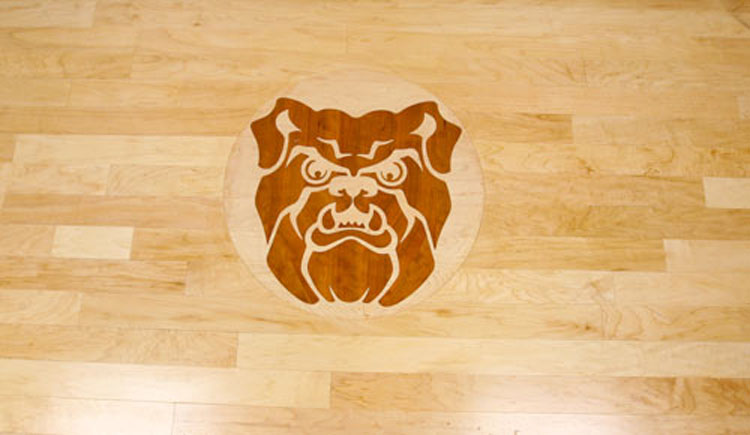 Hinkle Fieldhouse Butler Univers...
Hinkle Fieldhouse Butler Univers...
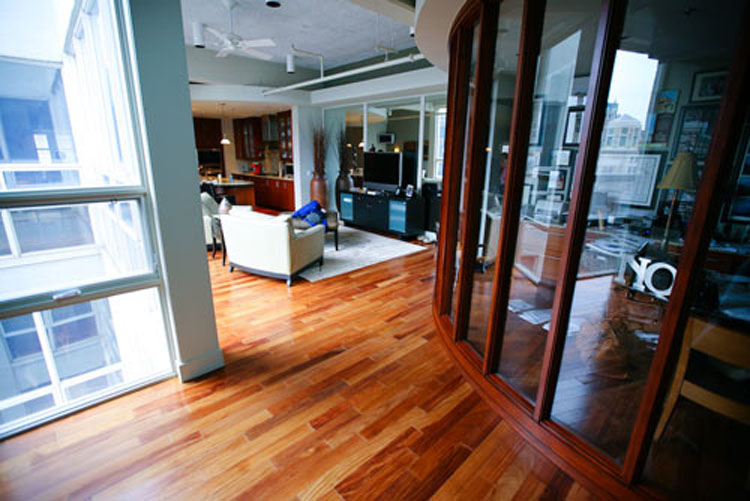 Penthouse Town Home Downtown Ind...
Penthouse Town Home Downtown Ind...
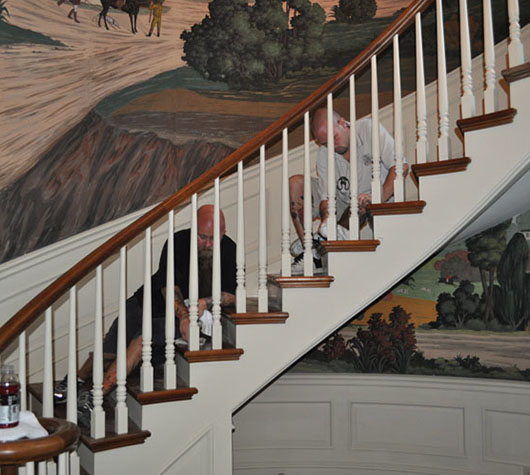 Antique Flooring Restoration
Antique Flooring Restoration
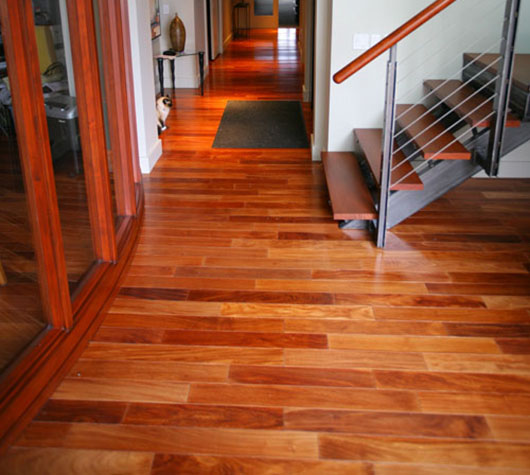 Brazilian Cherry Hardwood Floors
Brazilian Cherry Hardwood Floors